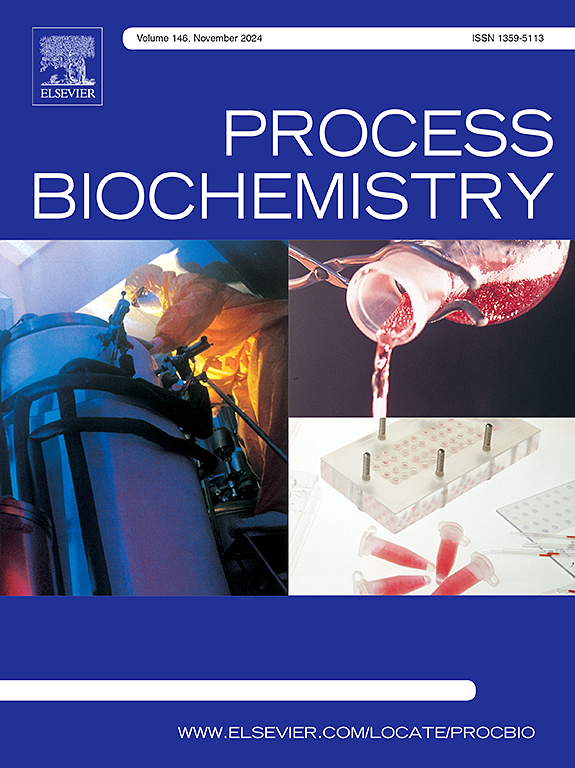用于光动力疗法的介孔二氧化硅基纳米复合材料的最新进展:综述
IF 3.7
3区 生物学
Q2 BIOCHEMISTRY & MOLECULAR BIOLOGY
引用次数: 0
摘要
光动力疗法(PDT)通过利用活性氧(ROS)释放的力量,已成为治疗深部肿瘤的一种前景广阔的策略。目前的疗法利用的光敏剂(PS)可由各种外部或内部刺激触发,如近红外光(NIR)或内部生物/化学反应,导致肿瘤微环境(TME)中产生 ROS(如 *OH 和 1O2),从而产生杀癌机制。介孔二氧化硅纳米颗粒(MSNs)及其混合物因其优异的性能,包括高表面积体积比、优异的生物相容性、可调节的表面、孔径、可调节的形态、高繁荣度和生物安全性,成为有希望用于光导治疗的候选物质。本综述旨在阐述基于 MSNs 的光动力疗法和多功能协同疗法的抗癌机制。此外,我们还总结了基于 MSNs 的 PDT 在设计、改性和应用方面的最新进展。最后,讨论了目前基于 MSNs 的光导疗法所面临的挑战,以及未来基于 MSNs 的纳米复合材料在 ROS 激活的协同疗法中的临床应用前景。本文章由计算机程序翻译,如有差异,请以英文原文为准。
Recent advances of mesoporous silica-based nanocomposites for photodynamic therapy: A review
Photodynamic therapy (PDT) has emerged as a promising strategy for treating deep-seated tumors by harnessing the power of reactive oxygen species (ROS) liberation. Current therapy utilizes a photosensitizer (PS) that can be triggered by various external or internal stimuli, such as near-infrared light (NIR) or inner biological/chemical reactions, leading to the production of ROS (e.g., *OH and 1O2) within the tumor microenvironment (TME), which leads to cancer killing mechanism. Mesoporous silica nanoparticles (MSNs) and their hybrids forms are promising candidates for PDT due to their exceptional properties, including a high surface area-to-volume ratio, excellent biocompatibility, modifiable surface, pore size, modifiable morphology, high prosperity and biosafety. Herein, the aim of this review to explain the anticancer mechanisms of MSNs-based PDT and multifunctional synergistic therapies. Moreover, we also summarized the up-to-date advances in the design, modification, and applications of MSNs-based PDT. Finally, the current challenges facing MSNs-based PDT are discussed, as well as future prospective for clinical uses of MSNs-based nanocomposites for ROS-activated synergistic therapies.
求助全文
通过发布文献求助,成功后即可免费获取论文全文。
去求助
来源期刊

Process Biochemistry
生物-工程:化工
CiteScore
8.30
自引率
4.50%
发文量
374
审稿时长
53 days
期刊介绍:
Process Biochemistry is an application-orientated research journal devoted to reporting advances with originality and novelty, in the science and technology of the processes involving bioactive molecules and living organisms. These processes concern the production of useful metabolites or materials, or the removal of toxic compounds using tools and methods of current biology and engineering. Its main areas of interest include novel bioprocesses and enabling technologies (such as nanobiotechnology, tissue engineering, directed evolution, metabolic engineering, systems biology, and synthetic biology) applicable in food (nutraceutical), healthcare (medical, pharmaceutical, cosmetic), energy (biofuels), environmental, and biorefinery industries and their underlying biological and engineering principles.
 求助内容:
求助内容: 应助结果提醒方式:
应助结果提醒方式:


